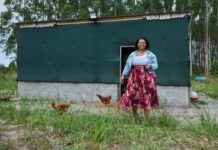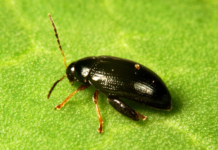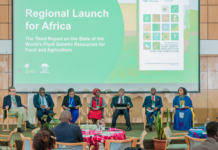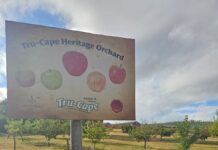
In the face on ongoing geopolitical change, South Africa’s agricultural exporters are being encouraged to reposition their products into non-traditional markets.
Speaking at an exclusive side event of the G20 Agriculture Ministerial Meeting, Paul Makube, Senior Agricultural Economist at FNB, emphasised that South Africa’s presidency of the G20 is a crucial opportunity to address challenges faced by agricultural exporters in a changing global geopolitical landscape.
“Changing environments are requiring the agri sector to look to diversify markets. Agri market participants, can help future-proof their export strategies, by deepening relationships in non-traditional markets, and by taking steps to actively build their trade resilience for the future,” said Makube.
He said that local growers need to be responsive to international trends. “Global trade is fragmenting, protectionism is rising, and markets are turning inward, and agricultural trade is no exception. South Africa has to respond accordingly.”
South African citrus production, as an example, has seen a marked uptick which necessitates the securing of sufficient markets for the produce. Estimates for the current season have already been revised upwards, with total exports forecast at nearly 190 million cartons – up from 171 million earlier in the year. With more orchards reaching maturity, this trend is set to continue. “If we don’t find new markets, we’ll have more fruit than we can sell,” cautioned Makube. “That’s why market diversification isn’t just a good idea – it’s a commercial imperative.”
He highlighted the opportunities for such a diversification response presented by China and other BRICS nations, where tariff conditions are improving and demand for Southern Hemisphere produce is climbing. “We’re already seeing zero-tariff access for key commodities like citrus, nuts and meat into China, and that can be a game changer for many farmers,” he said. “While India still poses high barriers, it’s a massive and growing population coupled with a rising middle class, meaning it’s a market worth cultivating. These are the places where the next decade of growth for SA agri will almost certainly come from.”
Makube pointed out that market development in the agri sector is about playing the long game. He explained that sustainable agri success is all about relationships, not transactions; so, it’s a good idea to invest in long-term relationships now, even if it means accepting tighter margins in the short term.
“It takes time to build networks in markets like China and the Middle East,” said Makube. “You don’t just flip a switch. We recommend using this window to establish and strengthen those trade pathways.”
And with 44% of South Africa’s agricultural exports already going to the African continent, Makube says there is also great potential to deepen intra-Africa trade through the African Continental Free Trade Agreement (AfCFTA).
“A diversified, modernised, more resilient and globally connected SA agricultural sector is possible and will be of huge benefit to all agri players in the country.”







